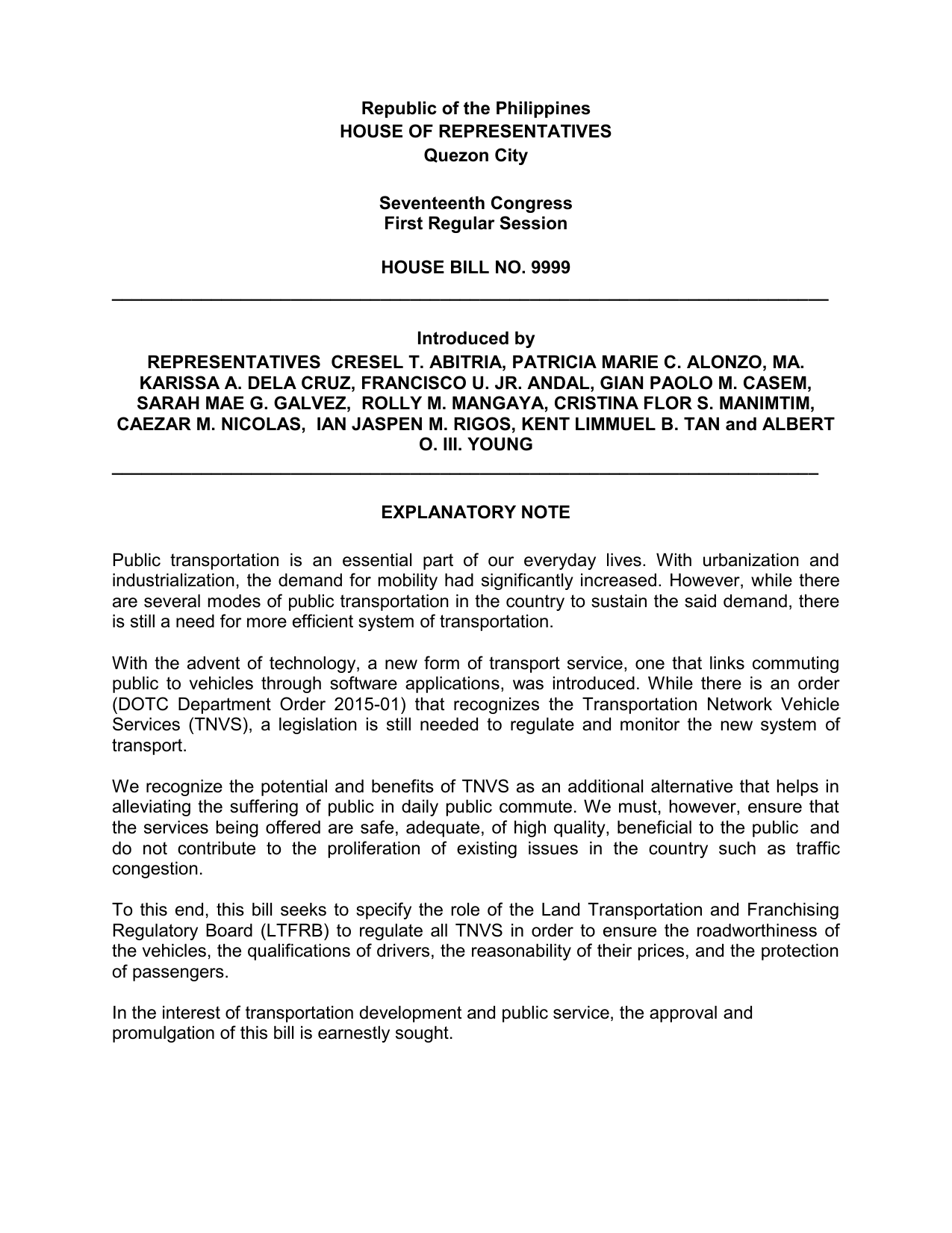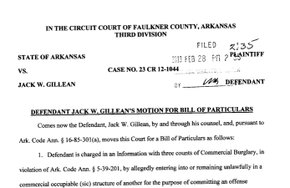

Under Florida rules of criminal procedure, a defendant has the right to know of the charges against them with specificity. You can reach us by calling 83 or using our online form to set up a consultation.MaDon Pumphrey, Jr. The experienced medical malpractice attorneys of DeFrancisco & Falgiatano Personal Injury Lawyers can evaluate your harm and gather the evidence needed to help you seek a favorable outcome. If you were hurt by incompetent treatment from a podiatrist, you might be able to pursue a podiatry malpractice claim, and you should meet with an attorney. Meet with an Experienced Medical Malpractice Attorney in Syracuseįoot ailments can greatly impact a person’s life, and if they are not properly treated, it can cause debilitating harm. As such, the court granted the plaintiff’s motion. Here, the court noted that the plaintiff was not seeking to change the theory of liability, and no prejudice would result from allowing the amendment. Even if a plaintiff seeks to amend a bill of particulars after a note of issue is filed, however, leave should be granted unless the opposing party can demonstrate surprise or prejudice. A plaintiff that wishes to claim a new injury may amend a bill of particulars once before the note of issue is filed. The court stated that up to thirty days before trial, a party might serve supplemental bills of particulars regarding continuing disabilities and special damages without leave of court unless a new injury or cause of action claims. The defendant objected to the modification, arguing it was untimely and that the plaintiff failed to justify the delay. In the subject case, the plaintiff sought to amend the bill of particulars to include five new injuries.

The court explained that a bill of particulars is simply an amplification of the complaint, and in the context of a medical malpractice case, it allows a plaintiff to elaborate on the extent of the injuries suffered and damages sustained. The plaintiff then filed a motion for leave to serve an amended bill of particulars. The defendant moved to strike the third supplemental bill of particulars as it alleged new injuries, and the court granted the motion. In January 2019, a note of issue was filed, and in August 2019, the plaintiff served the defendant with a third supplemental bill of particulars. It is reported that the plaintiff filed an initial bill of particulars in January 2018 and served the defendant with two supplemental bills of particulars later that year. As such, he filed a medical malpractice lawsuit against the defendant. The plaintiff asserted the procedure was performed improperly, leading to numerous complications. The defendant eventually removed the plaintiff’s bunions surgically. It is alleged that the plaintiff treated with the defendant podiatrist in 2016 for bunion deformities on both feet. If you suffered harm due to the negligent treatment of a foot condition or disease, you might be owed damages, and you should speak to a trusted Syracuse podiatry malpractice lawyer.

Recently, a New York court issued a ruling in a podiatry malpractice case, in which it discussed amendments to a bill of particulars. It is critical that a plaintiff file a bill of particulars that is detailed and comprehensive, as there are strict rules regarding what information a bill of particulars can contain, the manner in which they can be modified, and how many amendments are permitted. In medical malpractice cases in New York, plaintiffs are required to set forth bills of particulars, which essentially explain the plaintiff’s injuries and damages in detail.


 0 kommentar(er)
0 kommentar(er)
